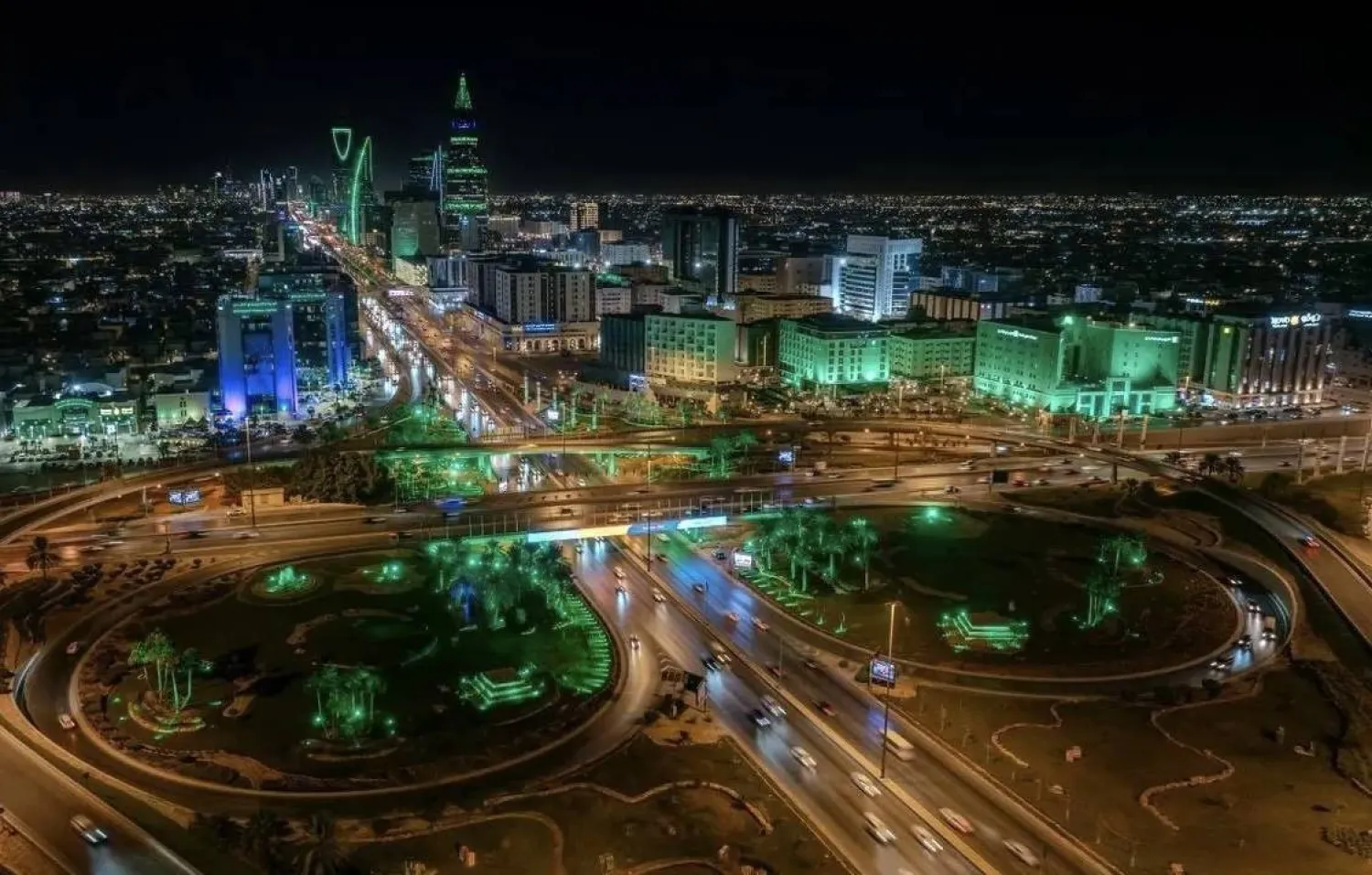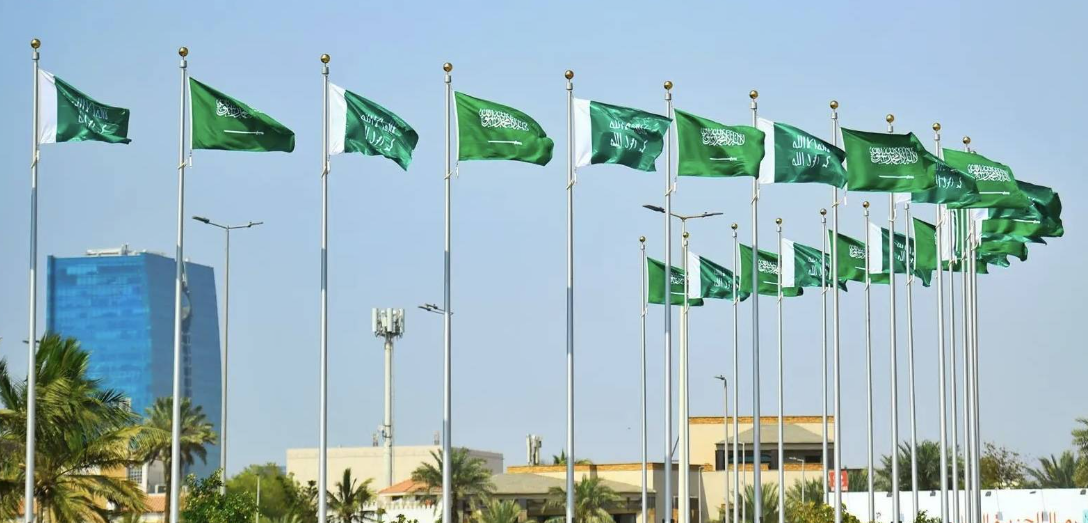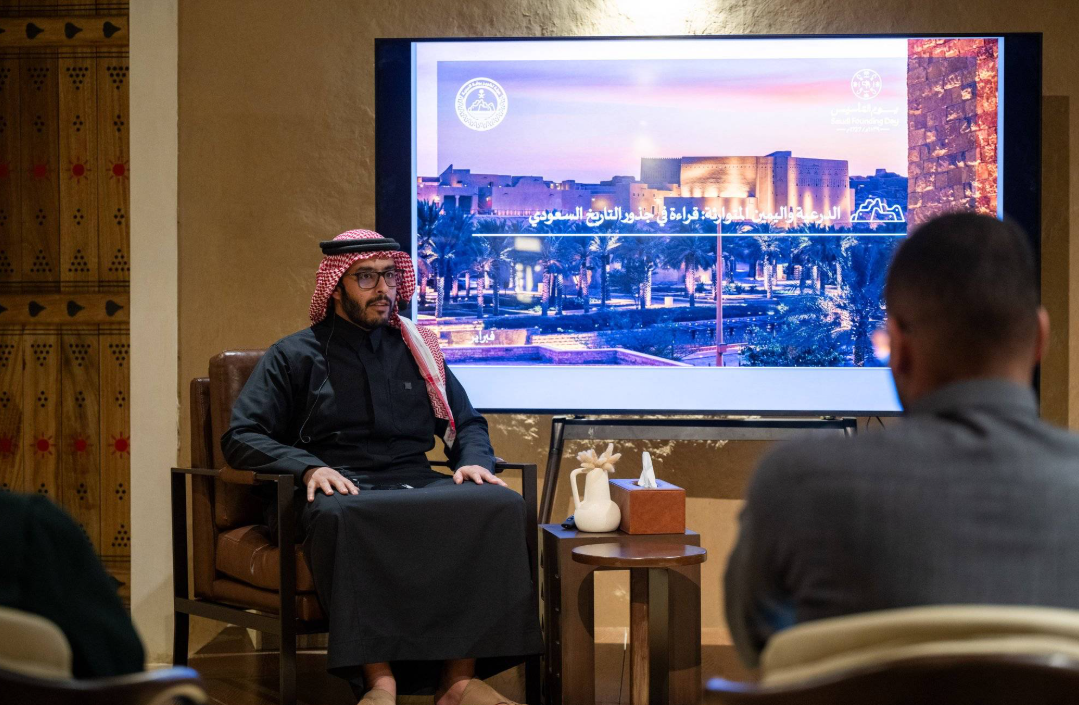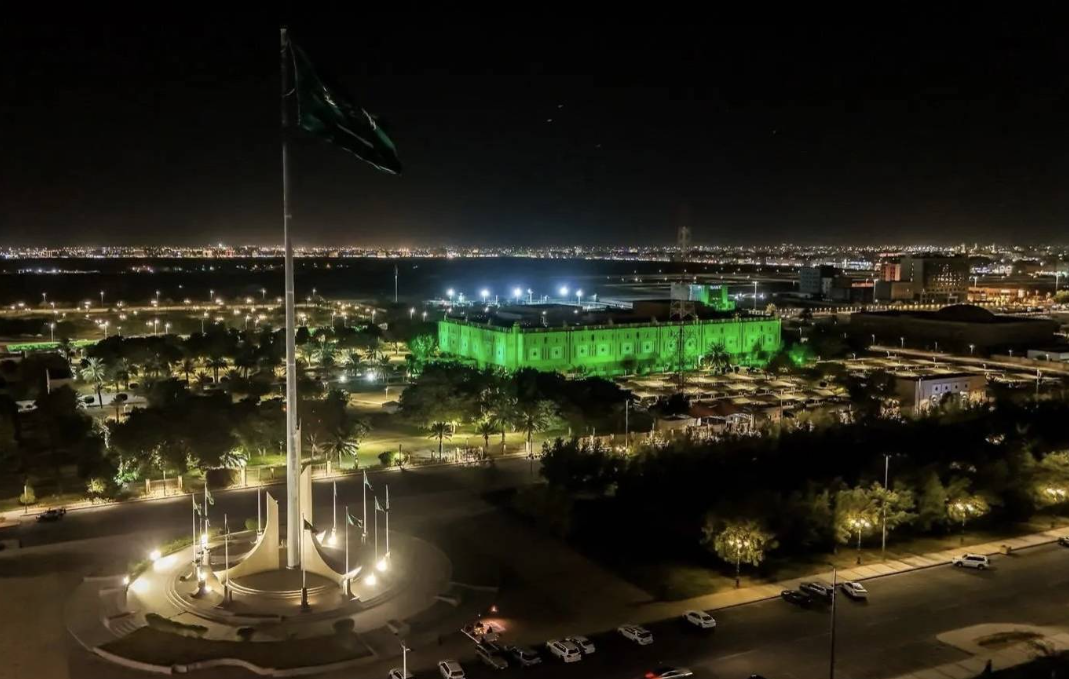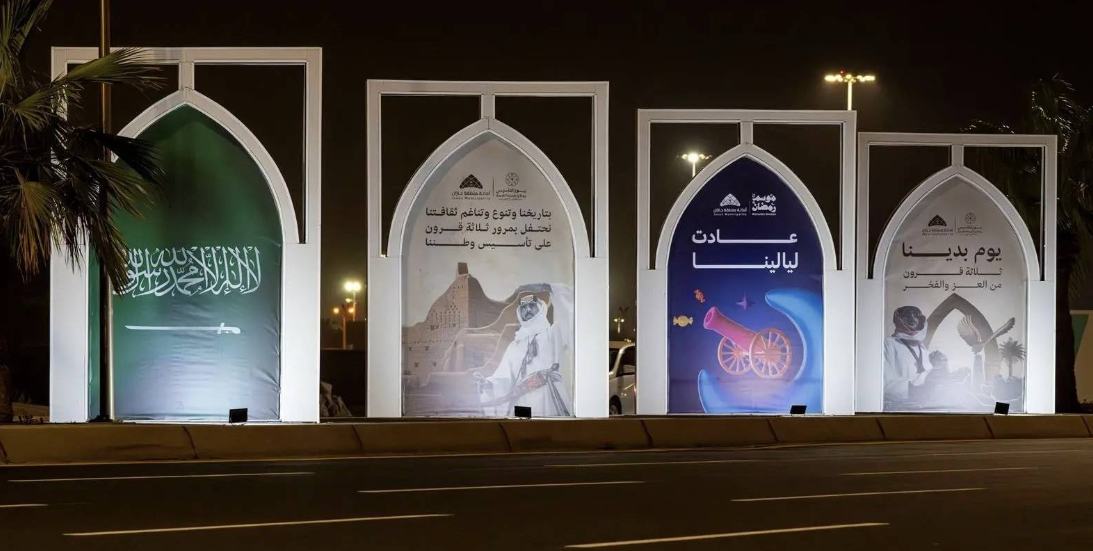Every day, children in the West Bank run the gauntlet of Israeli roadblocks, checkpoints and settler attacks on their way to school.
Since Israel launched a major operation in the West Bank in January, the trip has become even more perilous. Thousands of troops are sweeping through refugee camps and cities and demolishing houses and infrastructure, including roads children use to get to school.
Tens of thousands of Palestinians have fled their homes since January in what the United Nations says is the largest displacement in the West Bank since the 1967 war when Israel seized the area, along with Gaza and parts of Jerusalem.
The impact on children's education is reminiscent of the havoc caused in the Gaza Strip during the war that followed a Hamas-led attack on Israel on Oct. 7, 2023, when gunmen killed 1,200 people and took more than 250 hostages.
Children in Gaza had just begun to return to classes among bombed-out buildings when Israeli airstrikes resumed on March 18, shattering a weeks-long ceasefire.
Nearly half of the more than 400 people killed were children that day, one of the deadliest in the conflict, according to Palestinian officials cited by the UN.
Palestinian health authorities have said Israel's ground and air campaign in Gaza killed more than 46,600 people, with just over half of identified victims being women, children or older people.
"The ability for Palestinian children to access quality education in the West Bank or in Gaza has never been under more stress," said Alexandra Saieh, global head of humanitarian policy and advocacy at Save the Children.
ATTACKS ON SCHOOLS
Violence had been on the rise in the West Bank since the war in Gaza. Last year, 85 students were killed and 525 injured in Israeli military operations there, according to a report by the Occupied Palestinian Territory Education Cluster, which includes UN agencies.
Israel says the new operation, which has so far killed more than 30 Palestinians in the West Bank, is aimed at hitting Iranian-backed armed groups, including Hamas and Islamic Jihad, that have established strongholds in the crowded townships that house descendants of Palestinians who fled from their homes in the 1948 Arab-Israeli war.
Constant fighting has paralyzed movement, and more than 806,000 students found their access to education restricted in the West Bank and East Jerusalem in 2024, the Education Cluster report said.
That year, the Palestinian ministry of education recorded more than 2,200 incidents of violence targeting the education system in the West Bank, according to the report.
These included attacks by armed settlers on schools and the detention of students or teachers. At least 109 schools were attacked or vandalized. More than half of Palestinian students reported being delayed or harassed on their way to school, with many saying they had been physically assaulted.
Longer travel times also mean increased costs for already stressed and poorly paid teachers.
"Checkpoints are also increasing risks of violence for students, their caregivers and teachers from Israeli forces or from settlers who, in some areas, have taken advantage of the fact that cars are not able to move to damage them and attack passengers," the report said.
NO MONEY, MORE PROBLEMS
With their incomes plummeting because of the conflict, families have reduced their spending on education, meaning children could be forced to drop out, aid agencies say.
To make matters worse, the UN Palestinian relief agency UNRWA, which runs 96 schools in the West Bank and East Jerusalem, could be forced to stop its work following an Israeli ban on its operations on Israeli territory.
And funding cuts from major donors, including the United States where President Donald Trump has terminated thousands of foreign aid projects, could further cripple services.
"It's not just the US cuts. We're looking at a broader reduction in funding to humanitarian assistance globally, and that's what's alarming," Saieh said, noting that this could have an effect on Palestinians' traditionally high literacy rates.
"Palestinians are known for this ... around the world, and so this is particularly disheartening to see," Saieh said.
The United States and more than a dozen other countries stopped funding the UNRWA in January 2024 after Israel accused 12 of its 13,000 employees of taking part in the Hamas-led attack on Israel.
In December, Sweden also cut its support, a decision the agency said came at the worst time for Palestinian refugees.
"We are living with an accumulated deficit, and that is affecting the quality of our education," Muawia Amar, chief of UNRWA's field educational program in the West Bank, said in an interview with the Thomson Reuters Foundation.
The law banning UNRWA operations on Israeli land came into effect in January, but has not yet been fully implemented.
"At any moment, UNRWA could be prevented from working," Amar said. "I am talking about 47,000 students in UNRWA schools (in the West Bank), and this is a big problem."






